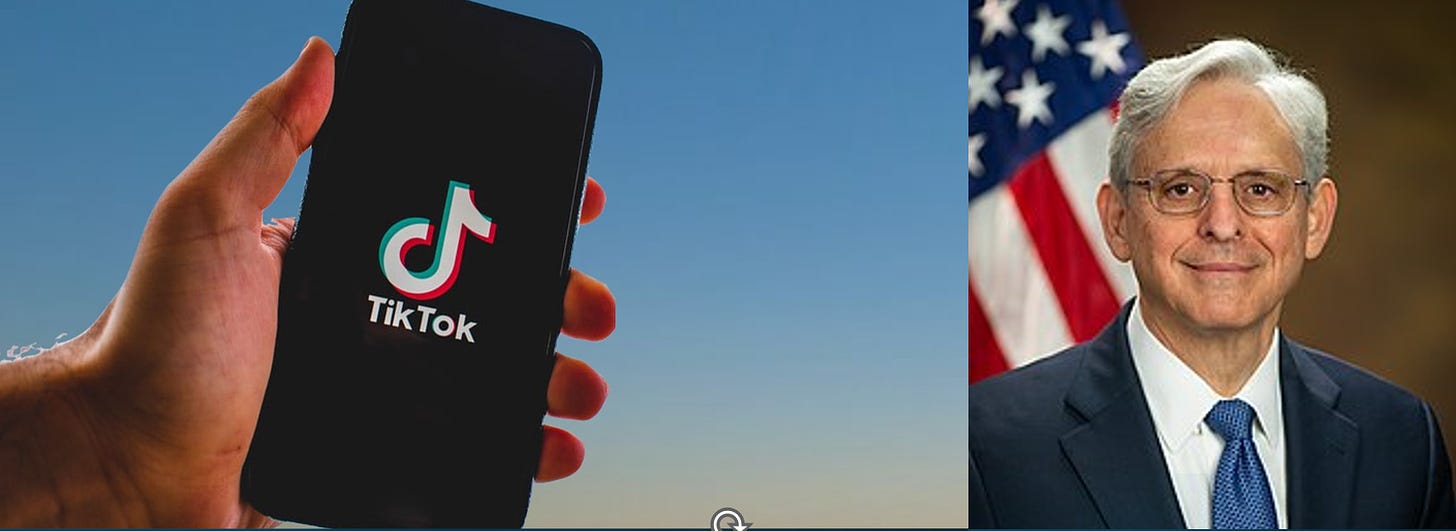The Universe of TikTok v. Garland in a Nutshell
Everything you want to know about the case boiled down into a few pages
1) Top line points:
The Supreme Court will hear oral arguments on January 10 in TikTok’s appeal against a federal law requiring the app to cease U.S. operations unless its Chinese parent company, ByteDance, divests its U.S. arm by January 19.
The expedited case, fast-tracked without initial input from the Biden administration, is at the epicenter of a c…
Keep reading with a 7-day free trial
Subscribe to Legalytics to keep reading this post and get 7 days of free access to the full post archives.





